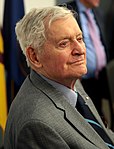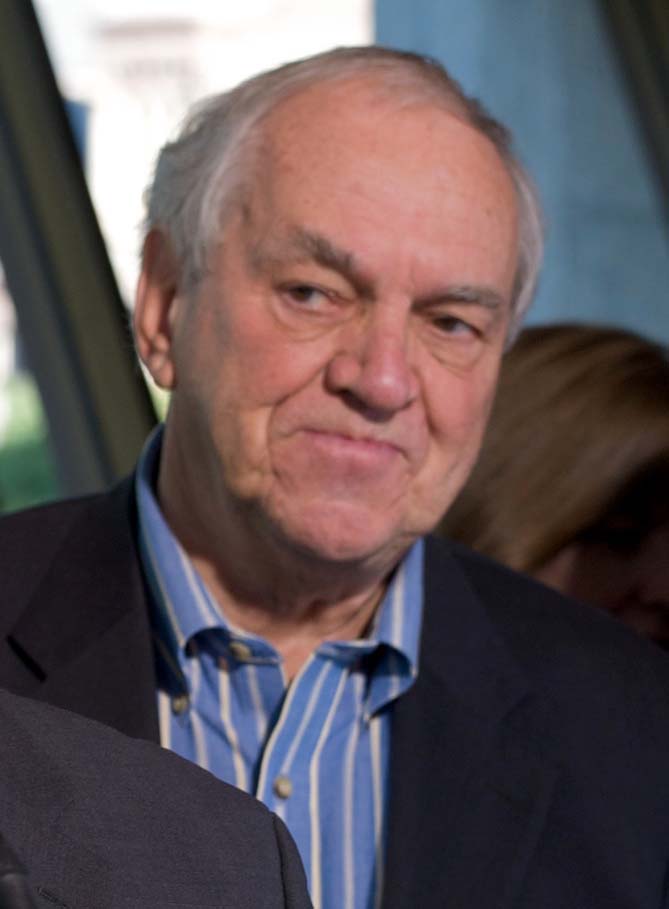| |||||||||||||||||||||||||||||||||||||||||||||||||
295 seats in the 34th Canadian Parliament 148 seats needed for a majority | |||||||||||||||||||||||||||||||||||||||||||||||||
|---|---|---|---|---|---|---|---|---|---|---|---|---|---|---|---|---|---|---|---|---|---|---|---|---|---|---|---|---|---|---|---|---|---|---|---|---|---|---|---|---|---|---|---|---|---|---|---|---|---|
| Turnout | 75.3% [1] | ||||||||||||||||||||||||||||||||||||||||||||||||
| |||||||||||||||||||||||||||||||||||||||||||||||||
 Popular vote by province, with graphs indicating the number of seats won. As this is an FPTP election, seat totals are not determined by popular vote by province but instead via results by each riding. | |||||||||||||||||||||||||||||||||||||||||||||||||
| |||||||||||||||||||||||||||||||||||||||||||||||||
The Canadian federal election of 1988 was held November 21, 1988, to elect members of the House of Commons of Canada of the 34th Parliament of Canada. It was an election largely fought on a single issue: the Canada–United States Free Trade Agreement (FTA).

The House of Commons of Canada is a component of the Parliament of Canada, along with the Sovereign and the Senate. The House of Commons currently meets in a temporary Commons chamber in the West Block of the parliament buildings on Parliament Hill in Ottawa, while the Centre Block, which houses the traditional Commons chamber, undergoes a ten-year renovation.

The 34th Canadian Parliament was in session from December 12, 1988, until September 8, 1993. The membership was set by the 1988 federal election on November 21, 1988, and it changed only somewhat due to resignations and by-elections until it was dissolved prior to the 1993 election.

Canada is a country in the northern part of North America. Its ten provinces and three territories extend from the Atlantic to the Pacific and northward into the Arctic Ocean, covering 9.98 million square kilometres, making it the world's second-largest country by total area. Canada's southern border with the United States is the world's longest bi-national land border. Its capital is Ottawa, and its three largest metropolitan areas are Toronto, Montreal, and Vancouver. As a whole, Canada is sparsely populated, the majority of its land area being dominated by forest and tundra. Consequently, its population is highly urbanized, with over 80 percent of its inhabitants concentrated in large and medium-sized cities, many near the southern border. Canada's climate varies widely across its vast area, ranging from arctic weather in the north, to hot summers in the southern regions, with four distinct seasons.
Contents
- National results
- Vote and seat summaries
- Results by province
- Notes
- 10 closest ridings
- See also
- References
- Further reading
- External links
Incumbent Prime Minister Brian Mulroney, leader of the Progressive Conservative Party, had signed the agreement. The Liberal Party, led by John Turner, was opposed to the agreement, as was the New Democratic Party led by Ed Broadbent.

The Prime Minister of Canada is the primary minister of the Crown, chairman of the Cabinet, and Canada's head of government. The current, and 23rd, Prime Minister of Canada is the Liberal Party's Justin Trudeau, following the 2015 Canadian federal election. Canadian prime ministers are styled as The Right Honourable, a privilege maintained for life.

Martin Brian Mulroney is a Canadian politician who served as the 18th prime minister of Canada from September 17, 1984, to June 25, 1993. His tenure as prime minister was marked by the introduction of major economic reforms, such as the Canada-U.S. Free Trade Agreement and the Goods and Services Tax, and the rejection of constitutional reforms such as the Meech Lake Accord and the Charlottetown Accord. Prior to his political career, he was a prominent lawyer and businessman in Montreal.

The Progressive Conservative Party of Canada (PC) was a federal political party in Canada.
The Conservatives went into the election suffering from a number of scandals. Despite winning a large majority only four years before, they looked vulnerable at the outset.
The Liberals had some early struggles, notably during one day in Montreal where three different costs were given for the proposed Liberal daycare program. The campaign was also hampered by a Canadian Broadcasting Corporation report that stated there was a movement in the backroom to replace Turner with Jean Chrétien, even though Turner had passed a leadership review in 1986.
The Canadian Broadcasting Corporation, branded as CBC/Radio-Canada, is a Canadian federal Crown corporation that serves as the national public broadcaster for both radio and television. The English- and French-language service units of the corporation are commonly known as CBC and Radio-Canada respectively, and both short-form names are also commonly used in the applicable language to refer to the corporation as a whole.

Joseph Jacques Jean Chrétien is a Canadian politician who served as the 20th prime minister of Canada from November 4, 1993, to December 12, 2003.
In Canadian politics, a leadership review is a vote held at a political party convention in which delegates decide whether to endorse the incumbent party leader or schedule a leadership convention to elect a new leader. In most parties at present, such a vote is required at the first convention following a general election. While a leadership election is only required if the incumbent leader fails to receive support from a simple majority of delegates, in practice leaders who do not win the review by a substantial margin are expected to either call a leadership election and re-offer or resign altogether.
Support swung back and forth between the Conservatives and Liberals over free trade. With mid-campaign polls suggesting a Liberal government, this prompted the Conservatives to stop the relatively calm campaign they had been running, and go with Allan Gregg's suggestion of "bombing the bridge" that joined anti-FTA voters and the Liberals: Turner's credibility. The ads focused on Turner's leadership struggles, and combined with over $6 million CAD in pro-FTA ads, managed to stop the Liberals' momentum.
Allan Gregg is a Canadian pollster, political advisor, television interviewer and pundit.

The Canadian dollar is the currency of Canada. It is abbreviated with the dollar sign $, or sometimes Can$ or C$ to distinguish it from other dollar-denominated currencies. It is divided into 100 cents (¢).
The Liberals reaped most of the benefits of opposing the FTA and doubled their representation to 83 seats to emerge as the main opposition; the NDP had also made gains but finished a distant third with 43 seats. The Progressive Conservatives won a reduced but strong majority government with 169 seats. Despite the Liberals' improved standing, the results were considered a disappointment for Turner, after polls in mid-campaign predicted a Liberal government. The election loss sealed Turner's fate and he eventually resigned in 1990, and was succeeded by Jean Chrétien.
Although most Canadians voted for parties opposed to free trade, the Tories were returned with a majority government, and implemented the deal.
Until the 2011 federal election, the 1988 election was the most successful in the New Democratic Party's history. The party dominated in British Columbia and Saskatchewan, won significant support in Ontario and elected its first (and, until the 2008 election, only) member from Alberta.

British Columbia is the westernmost province of Canada, located between the Pacific Ocean and the Rocky Mountains. With an estimated population of 5.016 million as of 2018, it is Canada's third-most populous province.

Saskatchewan is a prairie and boreal province in western Canada, the only province without a natural border. It has an area of 651,900 square kilometres (251,700 sq mi), nearly 10 percent of which is fresh water, composed mostly of rivers, reservoirs, and the province's 100,000 lakes.
This was the second election contested by the Green Party, and it saw a more than 50% increase in its vote, but it remained a minor party.
The election was the last for Canada's Social Credit movement: the party won no seats, and had an insignificant portion of the popular vote.
The newly founded Reform Party also contested the election, but was considered little more than a fringe group, and did not win any seats.
For the Progressive Conservatives, this was the last federal election they would win.











